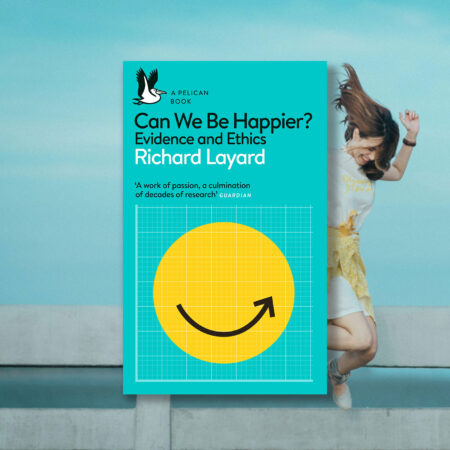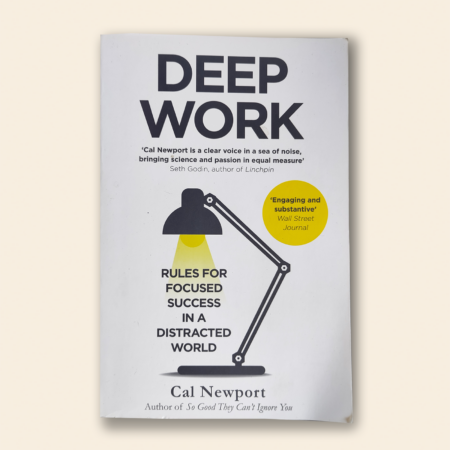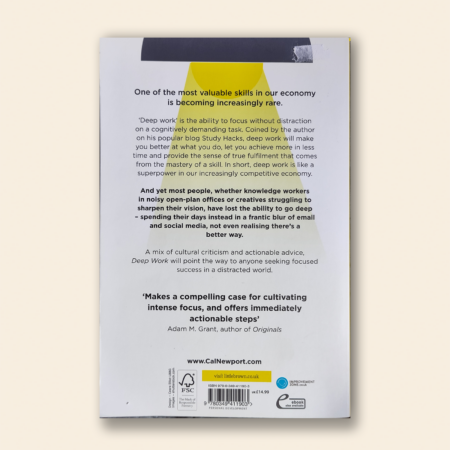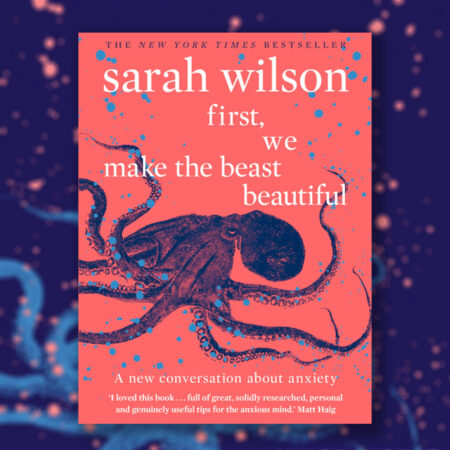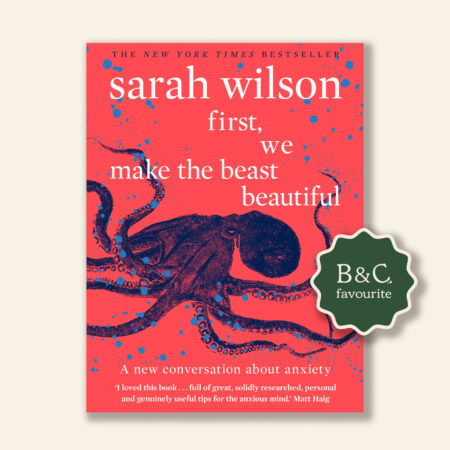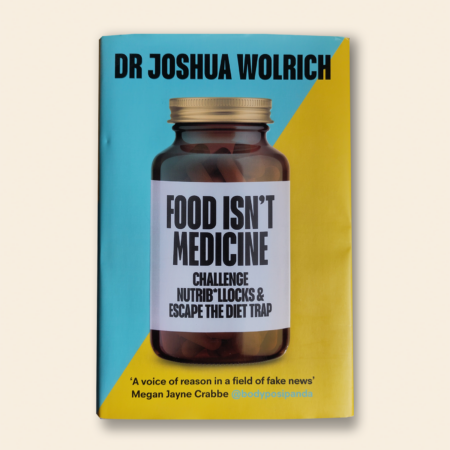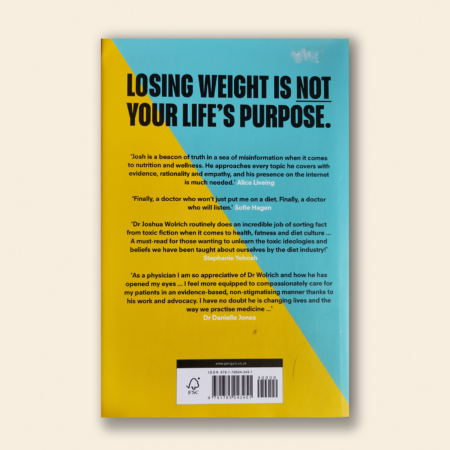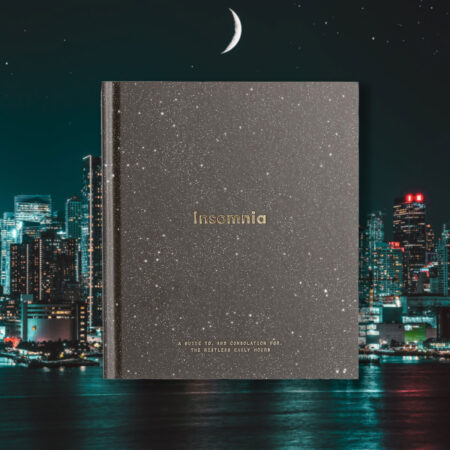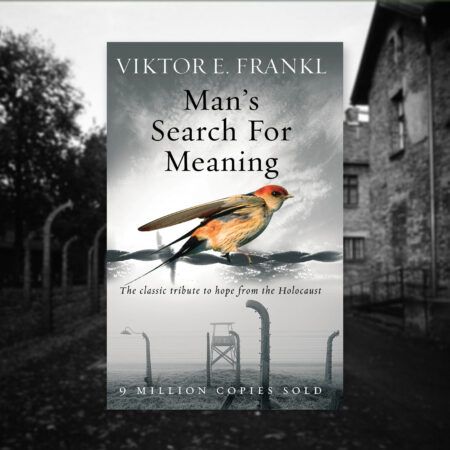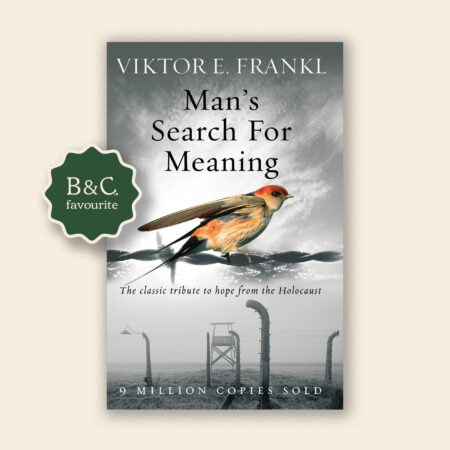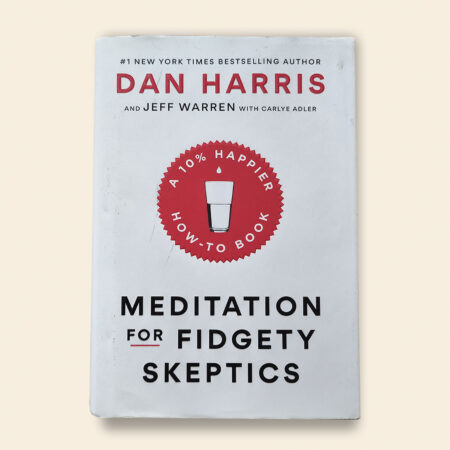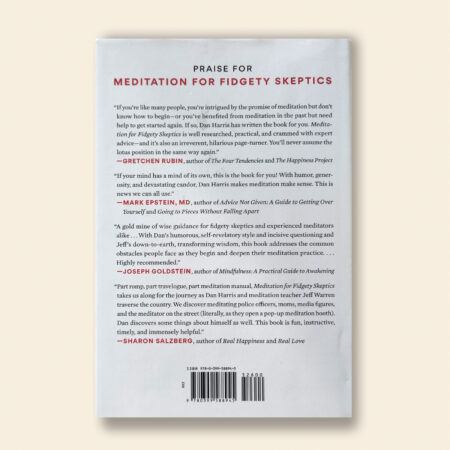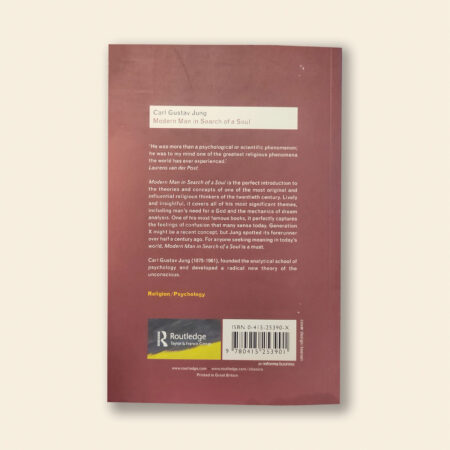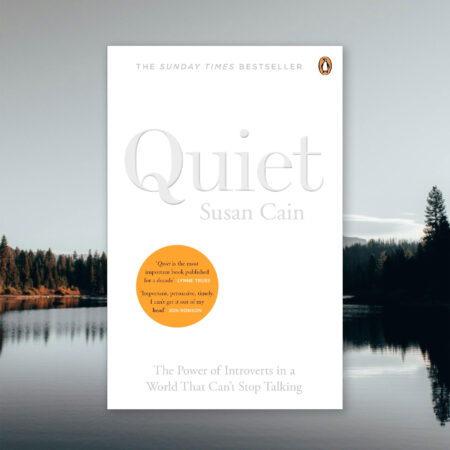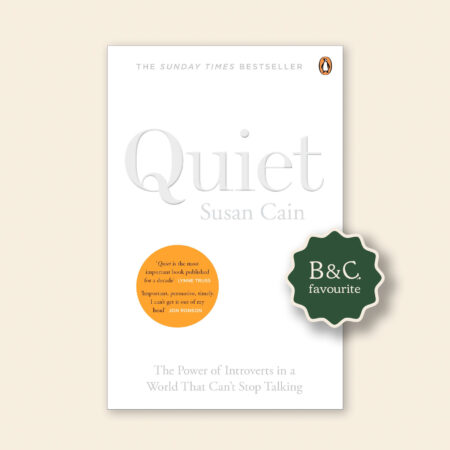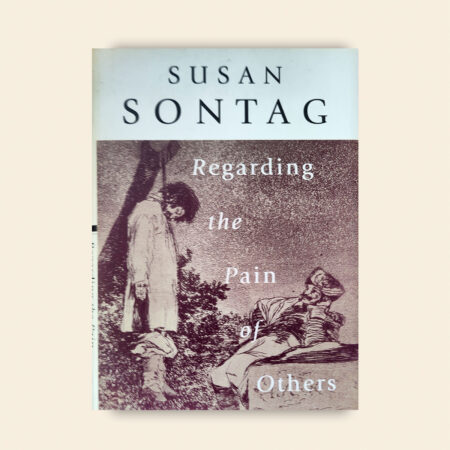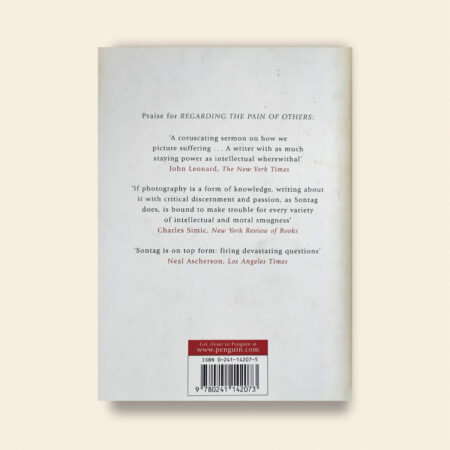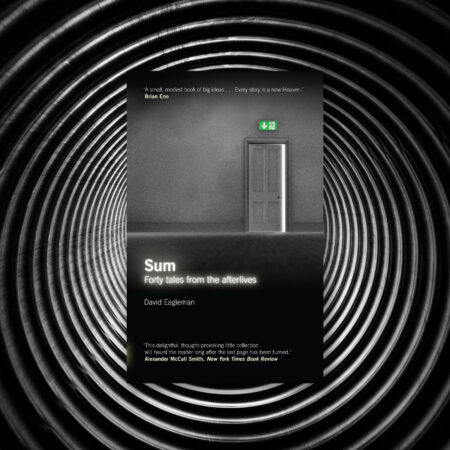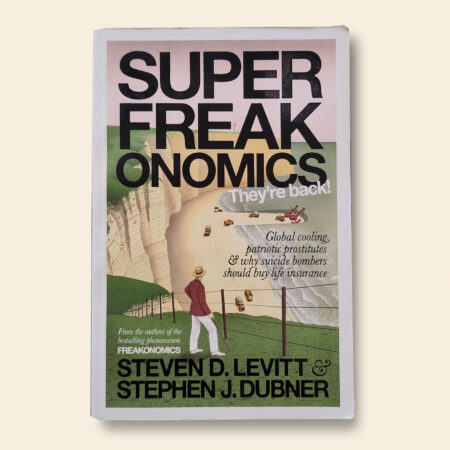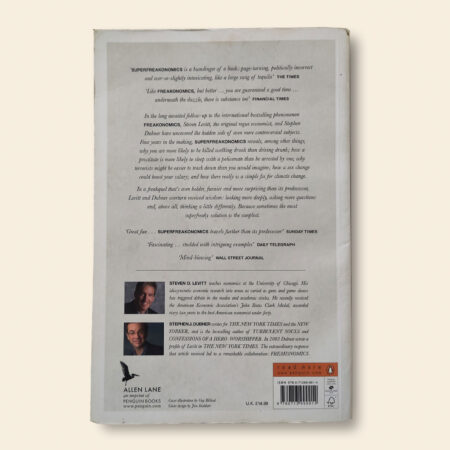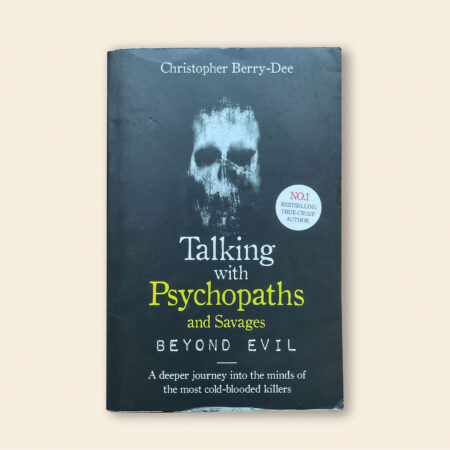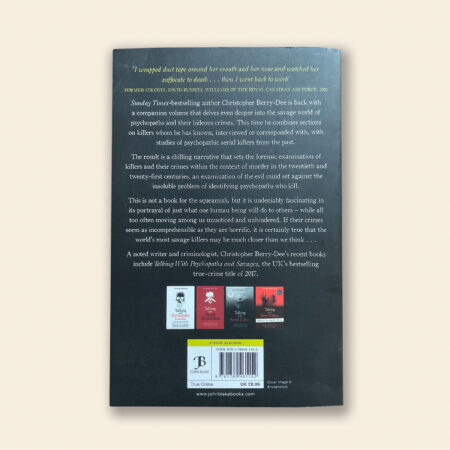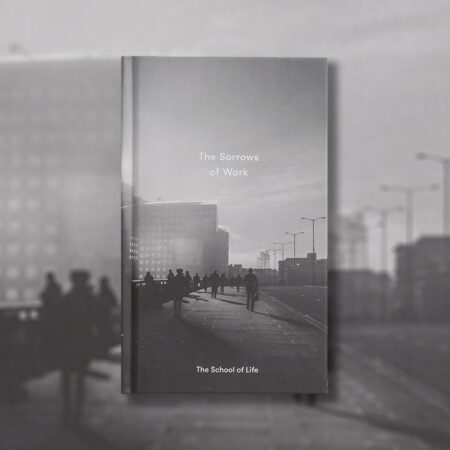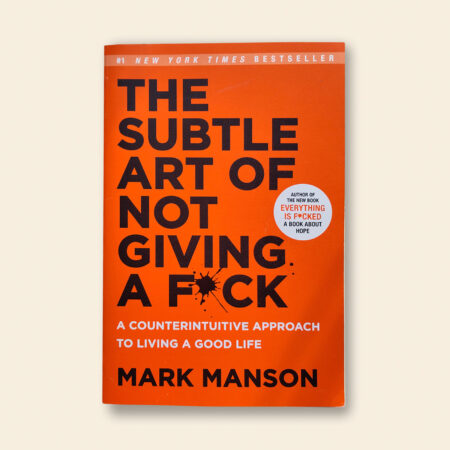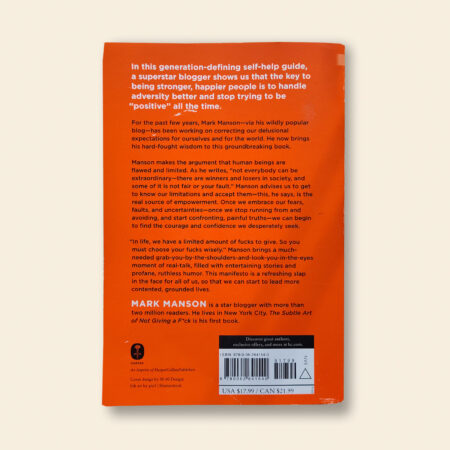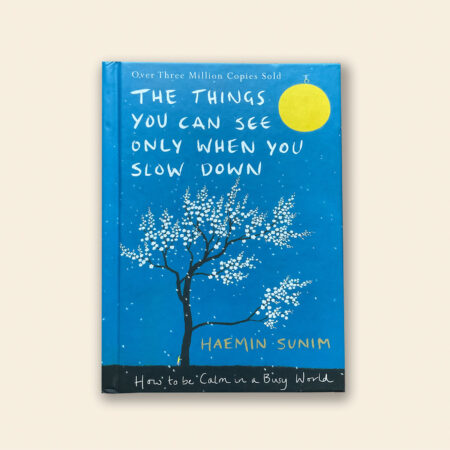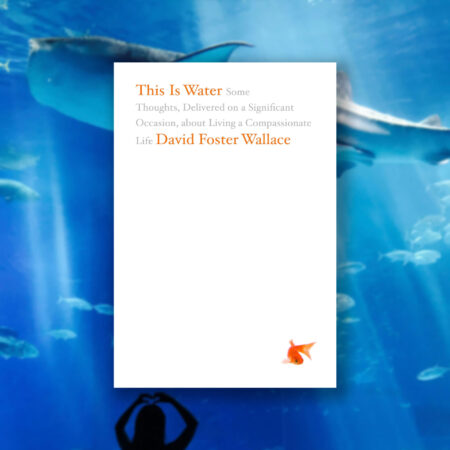Psychology
24 Products
Filter by Book Condition
Filter by Cover
Filter by Genre
Filter by Book Series
-
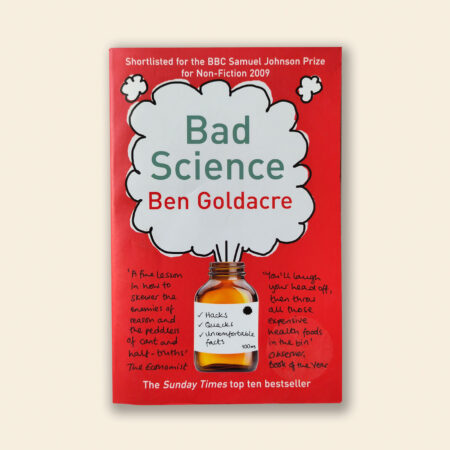
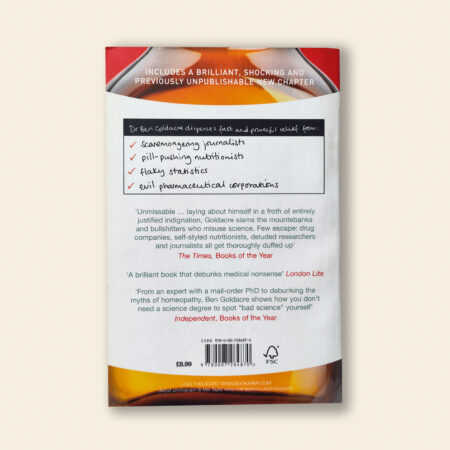 Out of Stock
6,00 €
Out of Stock
6,00 €by Ben Goldacre
Ben Goldacre masterfully dismantles the dodgy science behind some of the great drug trials, court cases and missed opportunities of our time, but he also goes further: out of the bullshit, he shows us the fascinating story of how we know what we know, and gives us the tools to uncover bad science for ourselves.
-
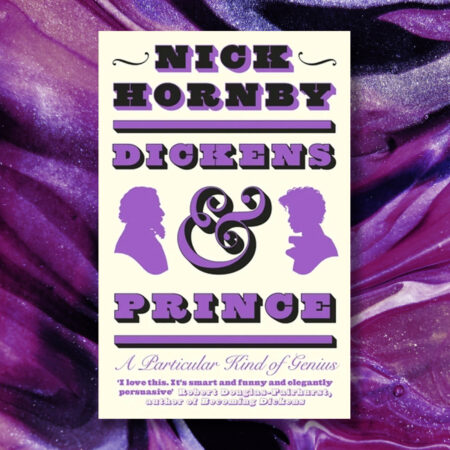
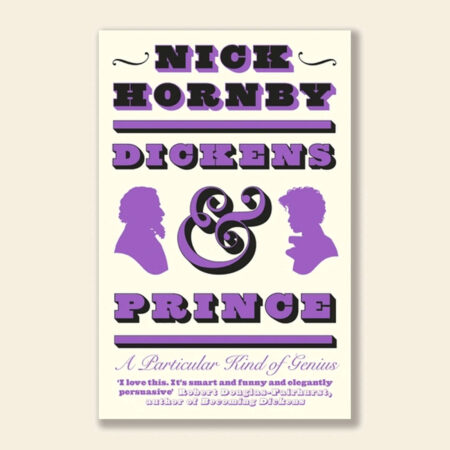 -30% Off
-30% Off
17,50 €Original price was: 17,50 €.12,25 €Current price is: 12,25 €.by Nick Hornby
In Nick Hornby’s completely joyous and original new book two great figures share the stage. Charles Dickens and Prince. Two wildly different artists who caught fire and lit up the world in ways no others could.
-
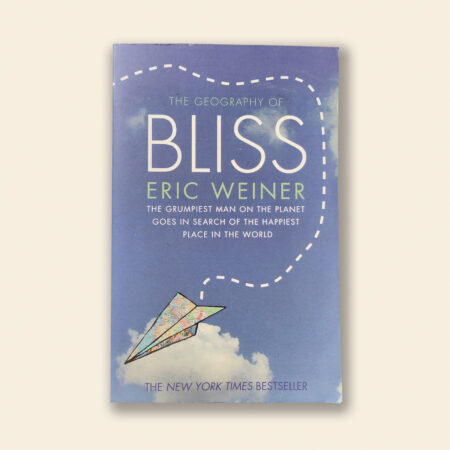
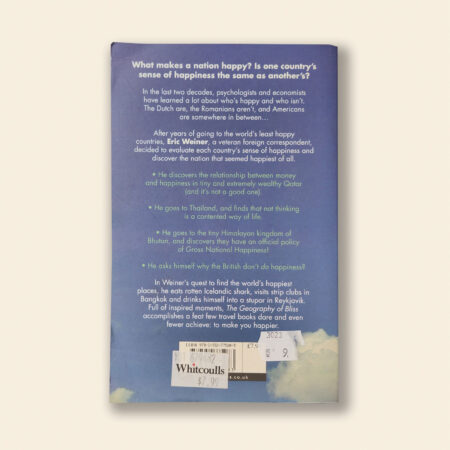 5,00 €
5,00 €The Grumpiest Man on the Planet Goes in Search of the Happiest Places in the World
by Eric Weiner
Both revealing and inspirational, perhaps the best thing about this hilarious trip across four continents is that for the reader, the “geography of bliss” is wherever they happen to find themselves while reading it.
-
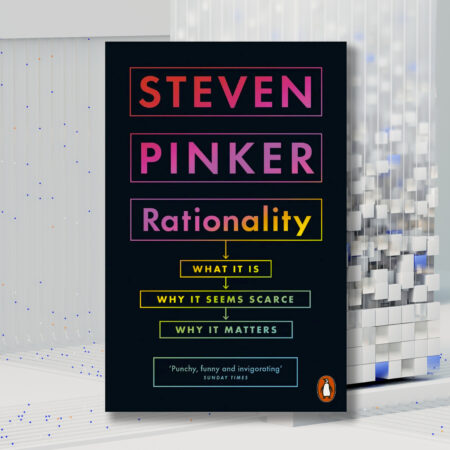
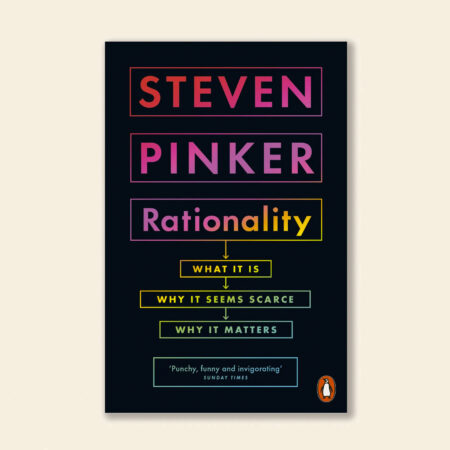 17,00 €
17,00 €What It Is, Why It Seems Scarce, Why It Matters
by Steven Pinker
In the twenty-first century, humanity is reaching new heights of scientific understanding – and at the same time appears to be losing its mind. How can a species that discovered vaccines for Covid-19 in less than a year produce so much fake news, quack cures and conspiracy theorizing?
-
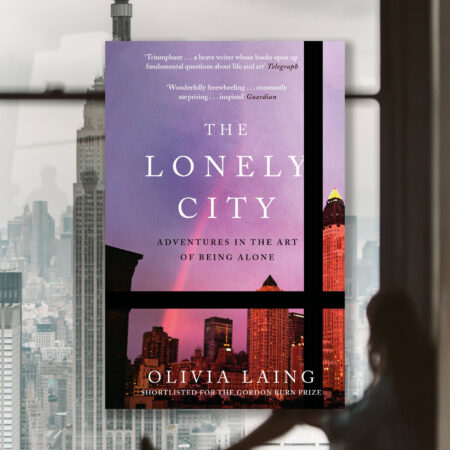
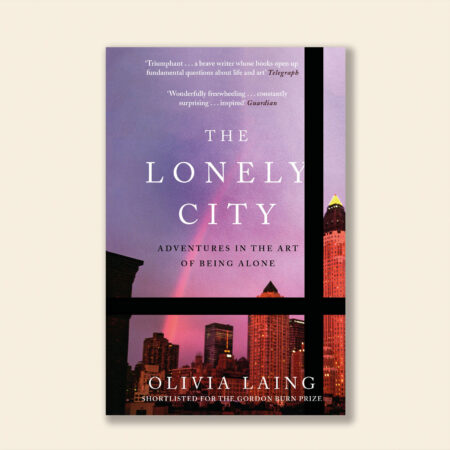 -10% Off
-10% Off
16,00 €Original price was: 16,00 €.14,40 €Current price is: 14,40 €.by Olivia Laing
What does it mean to be lonely? How do we live, if we’re not intimately engaged with another human being? How do we connect with other people? Does technology draw us closer together or trap us behind screens?


